A new report highlighting the high rates of Indigenous suicide across the country has revealed that Aboriginal and Torres Strait Islander children are five times more likely to take their own lives than their non-indigenous peers.
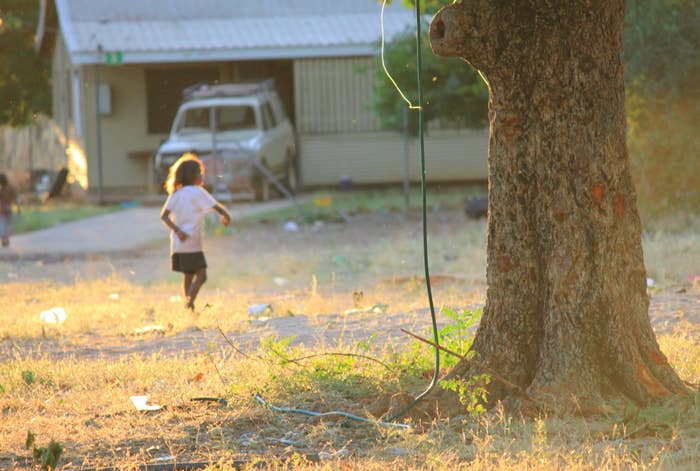
BuzzFeed News has obtained the final version of the Aboriginal and Torres Strait Islander Suicide Prevention Evaluation Project report ahead of its public release on Friday.
The project, co-chaired by former Aboriginal and Torres Strait Islander social justice commissioner Tom Calma and Indigenous mental health expert Pat Dudgeon, paints a harrowing picture of Indigenous communities struggling to cope with high rates of suicide and self-harm.
Between 2007 and 2011, Aboriginal children accounted for 30% of all suicides of children under the age of 18 in Australia, despite making up less than 4% of the youth population.
Indigenous young people aged between 15 and 24 are five times more likely commit suicide than their non-indigenous peers.
Aboriginal men are more likely to die from suicide between the ages of 30 and 34, while Indigenous women are most vulnerable between the ages of 20 and 24.
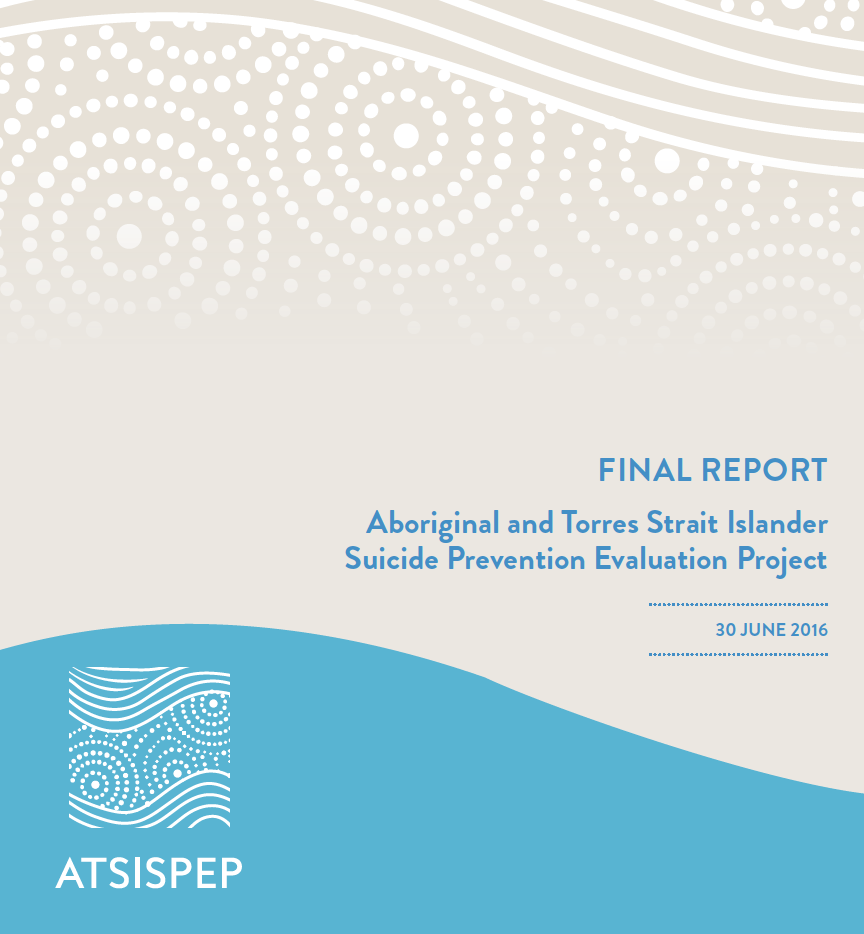
The report delivers 17 recommendations to the federal government, most of them with a heavy focus on ensuring that suicide prevention initiatives are led by the Aboriginal community and local organisations.
One of the key recommendations also outlines the need for more Indigenous mental health workers.
On Friday in Broome, Western Australia, federal health minister Sussan Ley, federal Indigenous affairs minister Nigel Scullion, and assistant federal health minister Ken Wyatt will attend a roundtable with Aboriginal organisations, community leaders, and suicide prevention experts to discuss the unfolding crisis.
The location is significant given that Broome is situated in the vast Kimberley region of WA, an area previously dubbed the suicide capital of the world. Aboriginal children as young as 10 have taken their own lives in the region.
"Successive governments have done many things over the years so I won’t say that we’ve been sitting on our hands, but there is no doubt that now is a time for action," Ley told ABC radio on Thursday.
She added: "When you talk about the different things that have happened over the years, part of the problem is nobody knows what works and doesn’t work."
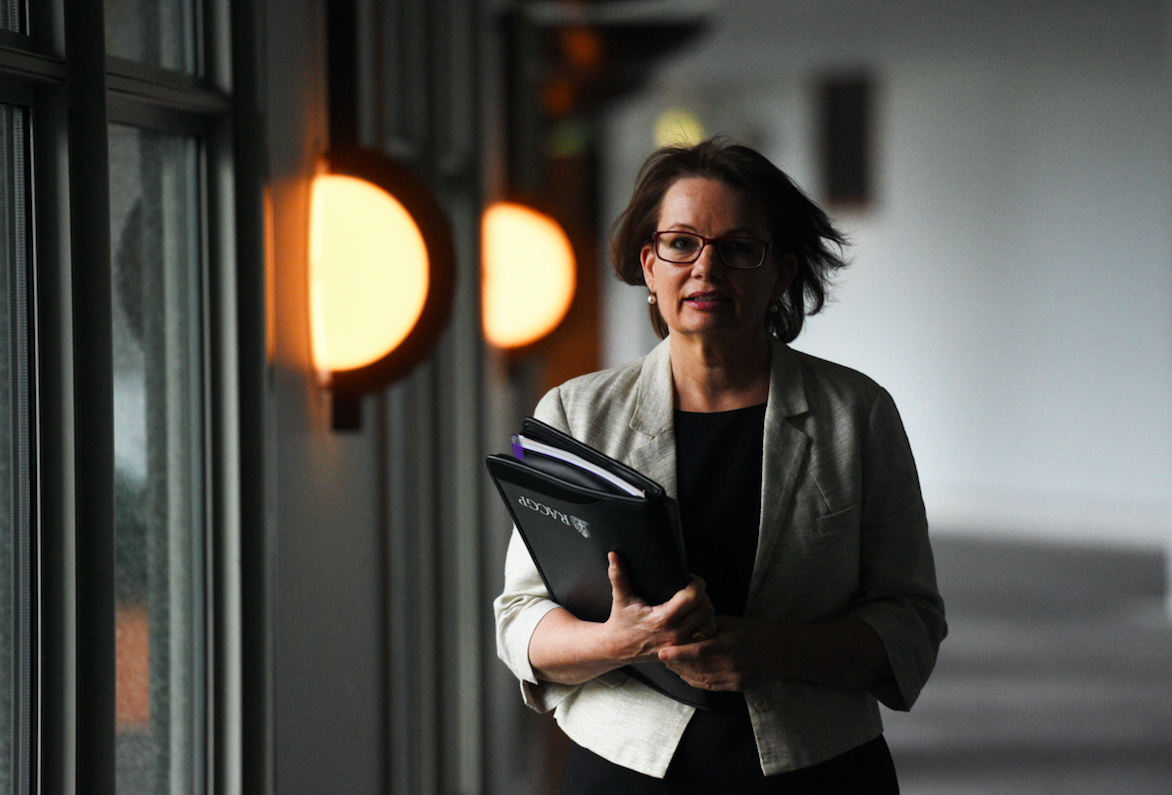
Aboriginal organisations have told federal and state governments for decades that the solution to suicide prevention rests with grassroots initiatives.
Adele Cox, Indigenous suicide prevention advocate and one of the contributors to the new report, told BuzzFeed News she fears that if Aboriginal organisations have to compete for mainstream health funding against large, "aggressive" non-indigenous services, the high rates of suicide will continue to rise.
Cox said: "The concern from the community is that the streamlining of the funding is actually making it yet again such a competitive field where Aboriginal community-controlled health organisations, and most of them are best placed to respond to and roll out services to our mob, are actually going to have to compete and go up against non-indigenous organisations.
"Any way forward in terms of addressing the suicide rate needs to be done from the ground up and it needs to be with the full involvement, participation, and engagement as well as ownership of the local Aboriginal services and communities."
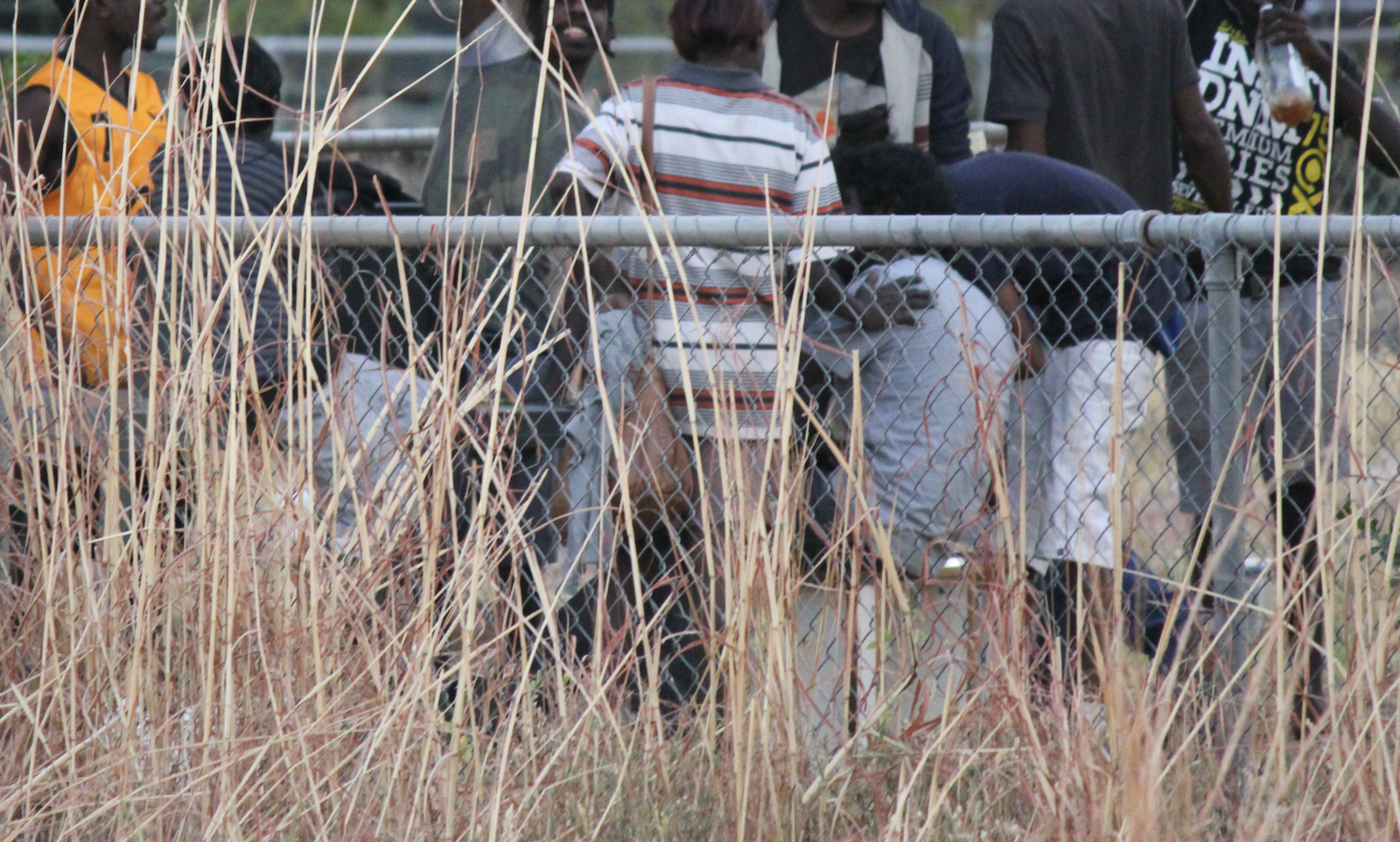
A source told BuzzFeed News that Scullion is supportive of having suicide prevention funding placed directly into the Indigenous affairs portfolio to be accessed by community organisations. It's understood Ley would prefer the funding remain within the Department of Health.
The roundtable comes a week after a 37-year-old Aboriginal woman took her own life at the site of the death of Aboriginal teenager Elijah Doughty in Kalgoorlie in WA's Goldfield region. The nearby community of Leonora has been rocked by at least four Indigenous suicides in the past year.
The new report shows that Indigenous suicide was almost unheard of prior to the 1960s. By 2014 it was the fifth-leading cause of death for Aboriginal people.
In 2012, the World Health Organization ranked Indigenous Australian suicide as the 12th-highest when compared to other nations. Australia overall ranked 64th.
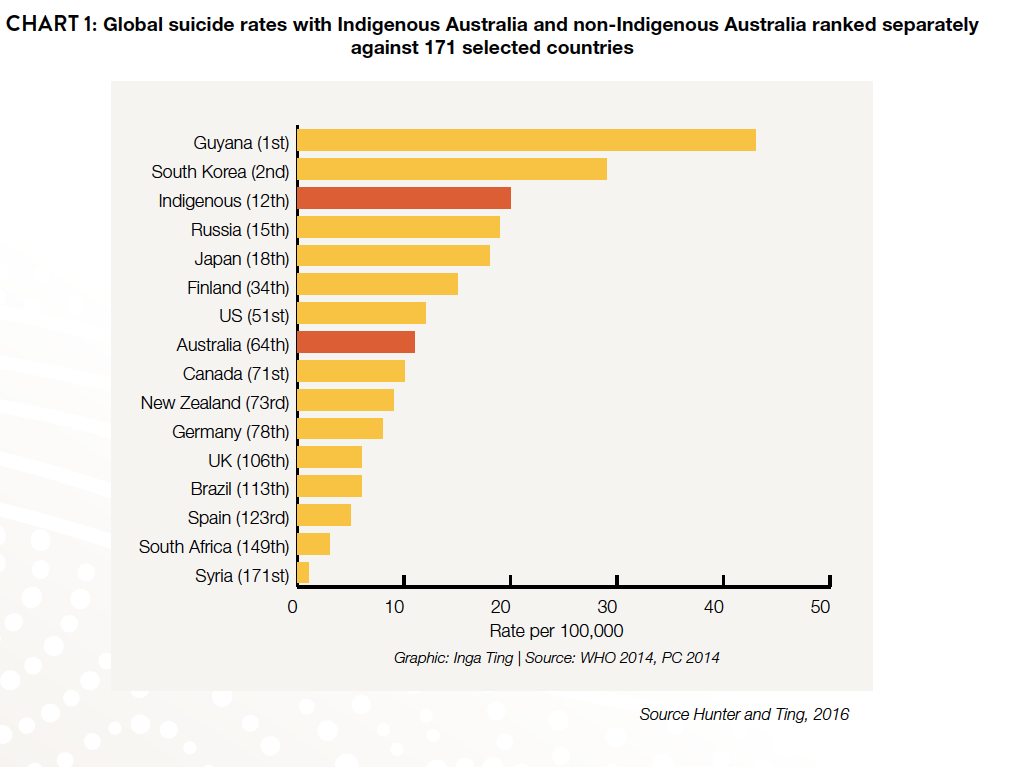
Gerry Georgatos, suicide prevention advocate and Aboriginal and Torres Strait Islander Suicide Prevention Evaluation Project consultant, told BuzzFeed News that due to chronic underreporting on suicide the real number of deaths was likely to be much higher.
"Just in my extensive travels, I would say 1 in 3 children committing suicide are Aboriginal and 1 in 17 adults committing suicide are Aboriginal," Georgatos said. "Communities and people are rich in culture, but they are poor in hope.
"The nation should be weeping and wailing at the black children taking their own lives."
